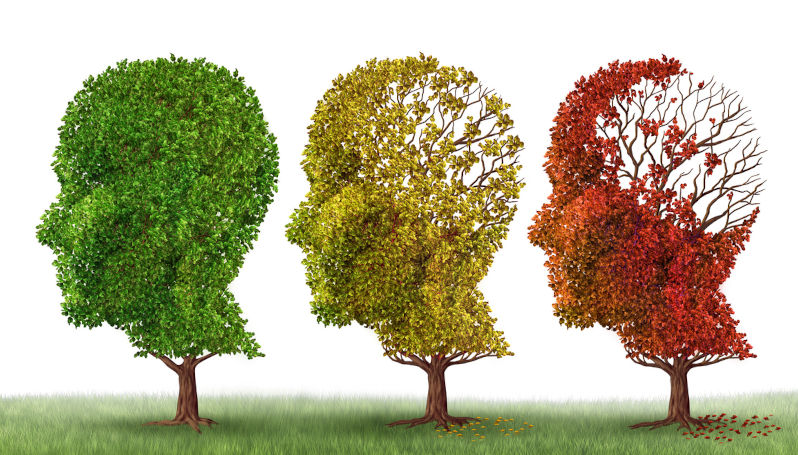Given the choice, would my wife have chosen to 'let dementia take its course'?
September 25, 2024
This is an emotional story for me. It is personal. It is a story about my experience.
It is not about mandates or compulsion. It is about choices. It is about giving individuals the right to choose how they want to end their lives, should they later be afflicted by life-ending, dignity and quality of life destroying diseases.
It is about conceding the right to individuals to declare their hand while they have the cognitive capacity to do so, and to have their chosen path respected and implemented.
My story is shared by many. Nothing here is unique. But that doesn’t make it less traumatic to see your wife of 52 years becoming incapable of the simplest functions – neither cognitive, nor physical. No recognition of family, no capacity to feed or clean herself, no smile, no movement. Nothing.
She had seen a grandmother with dementia. When she was capable of decision-making, would she have chosen to “let dementia take its course” when she, and we, all knew that there was no magic “cure”, no effective treatment, no light at the end of that tunnel, just the inevitable end with no dignity, no quality of life – lungs and heart working, until they stopped?
My wife was a linguist: she spoke three languages fluently and two others reasonably well. She was active in the arts and an intellectually alive, dignified person.
She was strong, but cautious, modestly independent, careful and might even have been described as on the slightly prudish side. She was my partner, my support and my friend. She was a mother. She left family and friends in Belgium to live in Australia, because of me.
For her, dignity was an essential part of her life. Quality of life was important, too. She would have said sanctity of life — professed by some — is OK for them, but not for her. Yet she lost every ounce of dignity, every gram of quality, in her final years.
Her fate was predetermined by various of our leaders from multiple walks of life — politicians, religious people — some of whom profess compassion, but some of whom wouldn’t recognise it if they fell over it.
About seven years ago, she was diagnosed with dementia. She was 70.
It progressed slowly at first. We, as a family, adjusted to what started as quirkiness but got more difficult. We worked around it.
The progression was obvious in all the predictable ways. About 24 months before she died she would use only four words - “oui”, “non”, “yes”, “no”. She had lost control of all bodily functions.
For the last year or so she barely moved. She needed help to get in and out of bed, in and out of a chair, to take food, to be clean. She did not speak. She was impassive; I would see her blink and nothing more.
She would not have wanted that end. She would not have missed an opportunity when cognitively aware to plan a dignified end-of-life including were she to have developed dementia. She did not have that option. Nobody here does.
I understand that there are those with a different view. I accept their right to have that view – I just don’t agree with it.
They might have religion, I do not. They might be philosophers, I am not. They might be healthcare workers, I am not. They might be protecting votes, I am not. They might be prepared to prolong their own life to the last possible moment regardless of some incurable, utterly debilitating, dignity-destroying illness. I am not.
There is not one single minute of any day when I concede to any of them that their undeniable right to do as they please means that they can deny me the right to do as I please.
I do understand public health and community safety. I do accept that if my behaviours were to affect others in the community, directly or indirectly, there should be laws or regulations or rules to minimise the wider impact. I accept the restrictions.
But, as a candidate for vice-president of the United States made clear when addressing a different topic involving strictly personal choice: others do not have to agree with us or to do what we would do, he said, but to them we say, “mind your own damn business”.
I’d go along with that. You choose, I choose, and we can choose differently; our choices respected and actioned.
Yes, I have heard the stories about the heirs and successors and greed. And lots of other excuses, too. Yes, I know there must be safeguards.
But surely it isn’t beyond our wit to develop a policy with safeguards that allows individuals with particular conditions the right to choose – not to tell others what to do, but to determine for themselves how their own lives should end when sensible conditions are met.
Republished from The Canberra Times of September 22, 2024.

